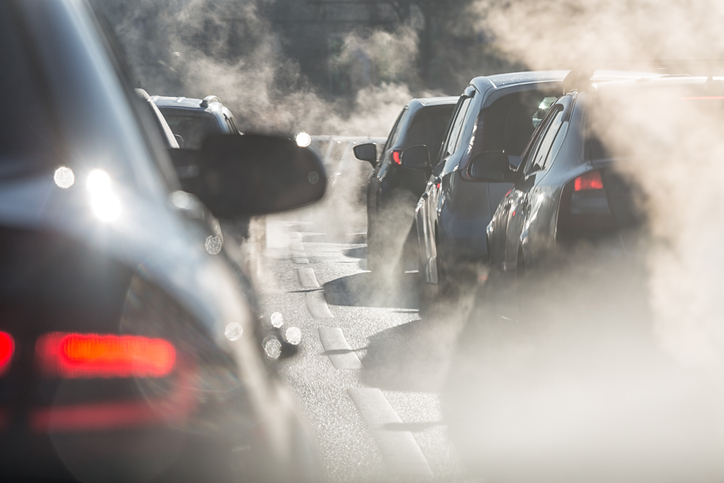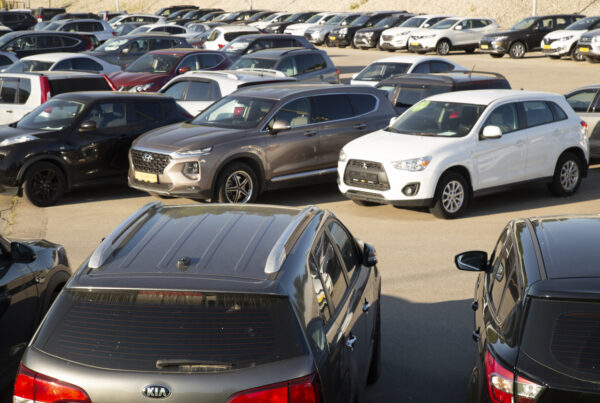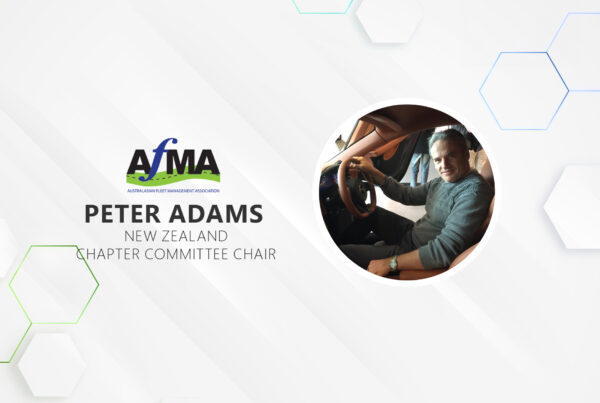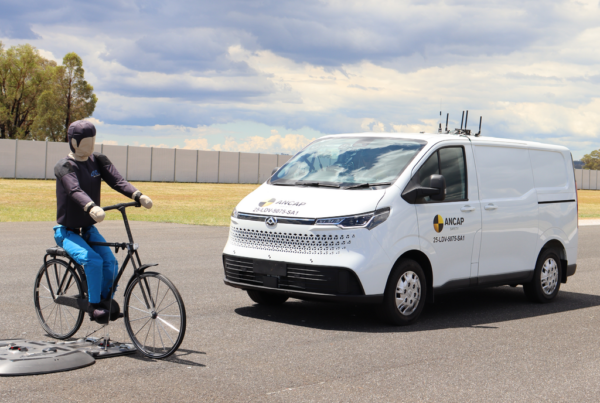The Federal Chamber of Automotive Industries (FCAI) has recently released the 2022 results of Australia’s voluntary emissions reduction standard for light vehicles.
According to the industry body, The MA (passenger cars and light SUVs) outcome for 2022 was an average of 131 grams of CO2 for every kilometre travelled. This is down from 146 grams in 2021.
Meanwhile, The MC + NA (heavy SUVs and light commercial vehicles) outcome was an average of 212.8 grams. This is up from 212.5 grams in 2021.
These results are set against a 2022 target of 146 grams for MA and 189 grams for MC + NA. The standard was first adopted in 2020 in the absence of standards from the Federal Government.
“Globally, there is currently a limited supply of batteries and supporting technology to meet the demand for all new vehicles and in particular, the bigger vehicles which a large proportion of Australians choose to buy,” said FCAI Chief Executive Tony Weber.
“Development work is being undertaken by car makers across the world to overcome these challenges. However, we are not likely to see a significant improvement in the availability of these vehicles at prices many Australians can afford until at least the end of this decade,” Mr. Weber added.
“We have the opportunity to establish a standard which gets us on the pathway to reducing emissions, supports car makers to attract the best low emission technology to the Australian market and provides Australian consumers with certainty and clarity around future vehicle availability,” he said.
“Attempts to simplify our journey to net zero as one that can only be achieved through electric vehicles ignore the buying preferences of Australian consumers, market supply realities, price, and the very real impact of other low emission technologies,” he added.
“All FCAI members are aligned on the need for a fuel efficiency standard which considers consumers, the unique nature of the Australian market, product availability, affordability, and the full range of zero and low emission technologies. We look forward to continuing to engage constructively with the Federal Government to bring this to reality,” Mr. Weber added.
Did you find this article interesting? Give it a ‘like’ by clicking the ‘heart’ button above!




















